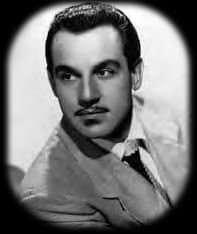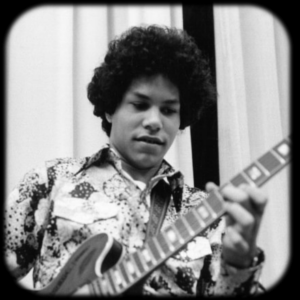JOHNNY OTIS

Few people have contributed more to R&B than Johnny Otis.
All round musician, bandleader, DJ, promoter, talent scout, song-writer, label owner and producer, he found time to become a TV host, preacher, politician, author and organic farmer. He also crossed the colour-line at a time when that was very rare.
The ambitious Greek teenager from Vallejo CA, born John Alexandres Veliotes in 1921, changed his name to the ‘blacker sounding’ Otis when he played drums for various swing-bands around the Bay Area. Advised by Nat King Cole to move to LA in 1945, he soon formed his own band. Their ‘Harlem Nocturne’ was a national hit which got them a stint at The Apollo in NY, but Johnny realised that big bands had had their day, and R&B was the future. He became a pioneer of the West Coast sound of up-tempo, piano based dance music.
Johnny and The Three Tons of Joy perform ‘Willie and the Hand-Jive’ for American TV;
Johnny was also working as a radio DJ in LA, and later hosted a TV variety show. He set up Dig Records, which became the vehicle for more of the talented performers Johnny brought to the public, as well as for his own output.

Shuggie Otis
His son, Shuggie Otis developed into a respected Blues guitarist in Johnny’s Show which toured incessantly. In 1968 Johnny wrote ‘Listen to the Lambs’, a book which used the Watts riots of 1965 as the scenario to compose his thoughts on politics and music. He later worked as Chief of Staff to the black State Senator Mervyn Dynally, and joined the LA County Democratic Committee. He stood for election to the California Senate, and probably would have been elected, but the ballot paper listed his official name, and he had campaigned under his stage name. Johnny identified strongly with the black community, writing, “As a kid I decided that if our society dictated that one had to be black or white, I would be black”.
Johnny co-wrote and produced ‘Roll With Me, Henry’ with Etta James;
Johnny Otis died in 2012, two days before his greatest protegée, Etta James.
